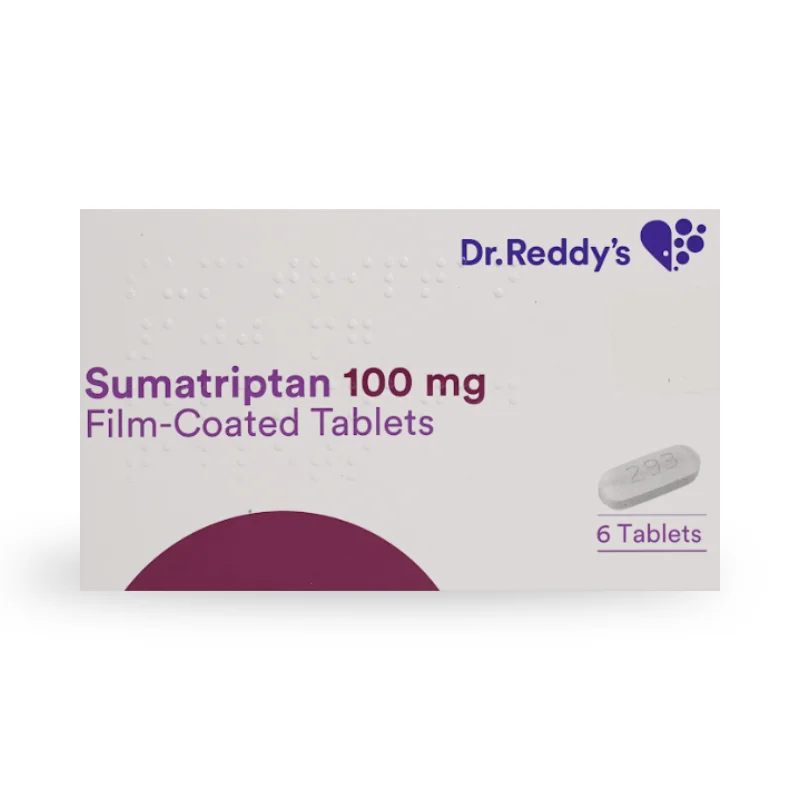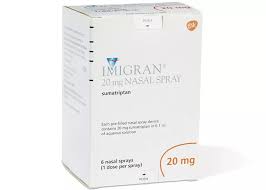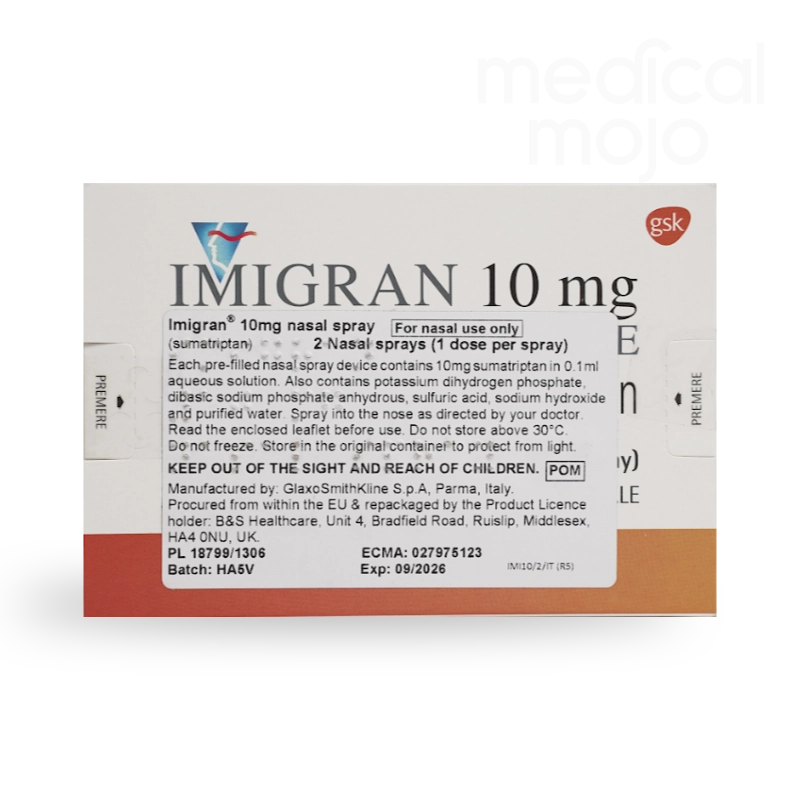What are triptans used for in migraine relief?
Triptans are medications specifically designed to treat migraines. They work by contracting blood vessels in the brain and stabilizing brain chemicals. If standard painkillers are ineffective, triptans, such as Sumatriptan, can be a valuable alternative. Sumatriptan is available in both generic forms and as the branded version, Imigran.
How should Sumatriptan be taken for the best results?
To achieve optimal results, Sumatriptan should be taken as soon as migraine symptoms begin. The medication typically starts working within 30 minutes. If Sumatriptan does not alleviate your migraine, you might consider trying other triptans like almotriptan (Almogran) or frovatriptan (Migard).
What is the difference between generic Sumatriptan and Imigran?
Generic Sumatriptan and the branded Imigran both contain the same active ingredient, sumatriptan succinate. The primary difference is cost; generic versions are usually more affordable than the branded Imigran, though they are equally effective.
How is Sumatriptan prescribed and what doses are available?
Sumatriptan is available by prescription only and is offered in two strengths: 50mg and 100mg. The 50mg dose is generally effective for most people, while the 100mg dose is used for more severe migraines or if the 50mg dose is insufficient. Your doctor will help determine the best dose for your condition.
What other migraine relief medications are available?
In addition to Sumatriptan, we offer a range of migraine relief options, including other triptans like Migard (frovatriptan) 2.5mg tablets, Imigran (sumatriptan) nasal sprays (10mg & 20mg), and wafer melts such as Maxalt Melt (rizatriptan) 10mg.
What over-the-counter options are available for migraines?
Over-the-counter medications that can help with migraine pain and nausea include paracetamol, ibuprofen, aspirin, and Buccastem M for nausea.
What are the common side effects of Sumatriptan?
Common side effects of Sumatriptan include chest, throat, or body pressure, unusual sensations such as numbness, tingling, warmth or cold, nausea, drowsiness, dizziness, and temporary increases in blood pressure. These effects are usually temporary but should be monitored.
What should I do if I experience severe side effects from Sumatriptan?
If you experience severe or persistent side effects, such as intense chest pain, get medical help immediately. Other symptoms like pain or tightness in the chest should also be reported to a healthcare provider if they do not subside quickly.
What are the warnings associated with Sumatriptan?
Sumatriptan should not be used if you have a history of strokes, severe circulation issues, or heart conditions like angina or heart attacks. It is also not recommended for individuals with high blood pressure or severe liver dysfunction. Before using Sumatriptan, consult your GP if you are a heavy smoker, a man over 40, or a woman who has gone through menopause.
When should I avoid using Sumatriptan?
Avoid Sumatriptan if you are allergic to it or any of its ingredients, have high blood pressure, severe liver impairment, or are currently using ergotamine, similar medications, or MAO inhibitors.
For further information, consult the Sumatriptan Patient Information Leaflet or speak with your doctor or pharmacist.











